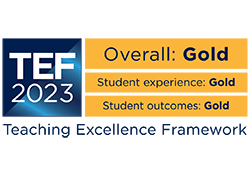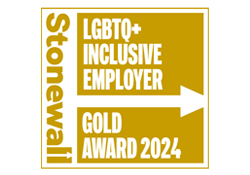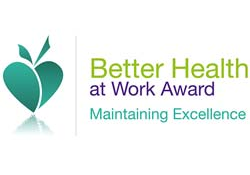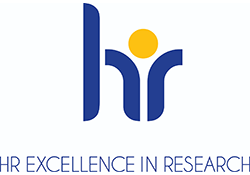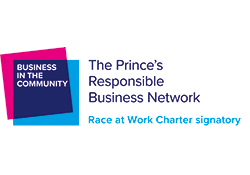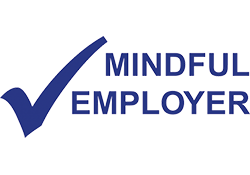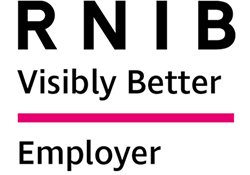Passports, visas and eligibility to work
During the recruitment process, Teesside University will check that you are eligible to work in the UK by asking for your right to work.
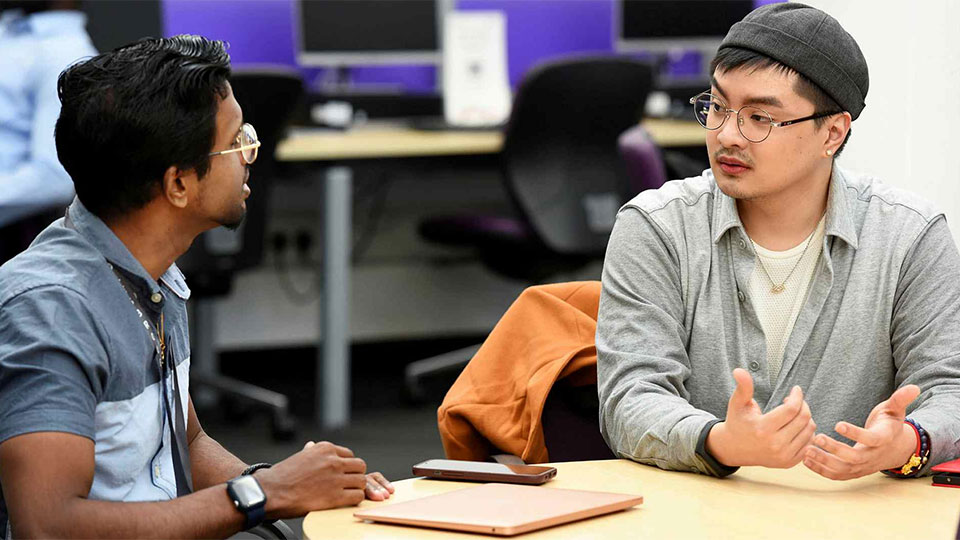
British and Irish citizens
If you're a British or Irish citizen, you can prove your right to work in the UK with either a British passport or an Irish passport or passport card. Your passport or passport card can be current or expired.
If you do not have a passport or passport card, you can prove your right to work with one of the following:
- a UK birth or adoption certificate
- an Irish birth or adoption certificate
- a certificate of registration or naturalisation as a British citizen
If you do not have a passport or passport card you must also give your employer an official letter or document which confirms your name and National Insurance number.
Biometric Residence Permit (BRP), eVisas and travel vignettes
Biometric residence permits (BRPs) are cards that were used to prove immigration status. You might have a BRP if you were granted permission to live or work in the UK on or before 31 October 2024.
All BRPs have now expired and are being replaced by eVisas. An eVisa is an online record of your immigration status. An expired BRP can still be used in some circumstances.
Find out more on Biometric residence permits
If you have a BRP and still have permission to stay in the UK, you need to create an account to get access to your eVisa.
If you are applying to enter the UK you will be issued with a 90-day vignette (a sticker placed in your passport) to enable you to enter the UK. You will need to provide your travel vignette to the HR recruitment team before you start work.
Visas
To work in the UK, either on a short-term or long-term basis, you may need a visa. This is usually a stamp you receive in your passport or can be a document provided by a UK consulate or embassy in your country of residence. There are several visas depending on your skills and qualifications, job offer and sponsorship, if you are bringing family with you and what type of work you will be doing.
The HR recruitment team will notify you when to do this but you can only apply for a UK visa three months before the date that you intend to travel to the UK and that the application process will take up to three weeks. Find out more about the different types of visas and if you require a UK visa.
Indefinite leave to remain
Indefinite leave to remain (ILR), or UK settlement, grants you the right to live, work and study here for as long as you like, and apply for benefits if you're eligible. There are different ways to apply for ILR, depending on your circumstances and visa.
Find out more about Indefinite leave to remain
British citizenship
There are different ways you may become a British citizen, also known as naturalisation. This is the legal process where a foreign national legally changes their nationality. If someone is granted British citizenship, they are no longer regarded as a foreign national and can therefore live and work in the UK permanently without any immigration controls. Check if you are eligible and the process of how to apply for British citizenship below.
Further information
If you have any queries about this guide please contact the School/Department in which you will be working, as they will support you. The HR Department can offer general advice, please email hrrecruitment@tees.ac.uk.
Please note: The inclusion of a link to another organisation's website from any pages on this website does not constitute a recommendation or endorsement of that organisation or its website by the University. The University cannot be held responsible for the content of any external link from this site.
